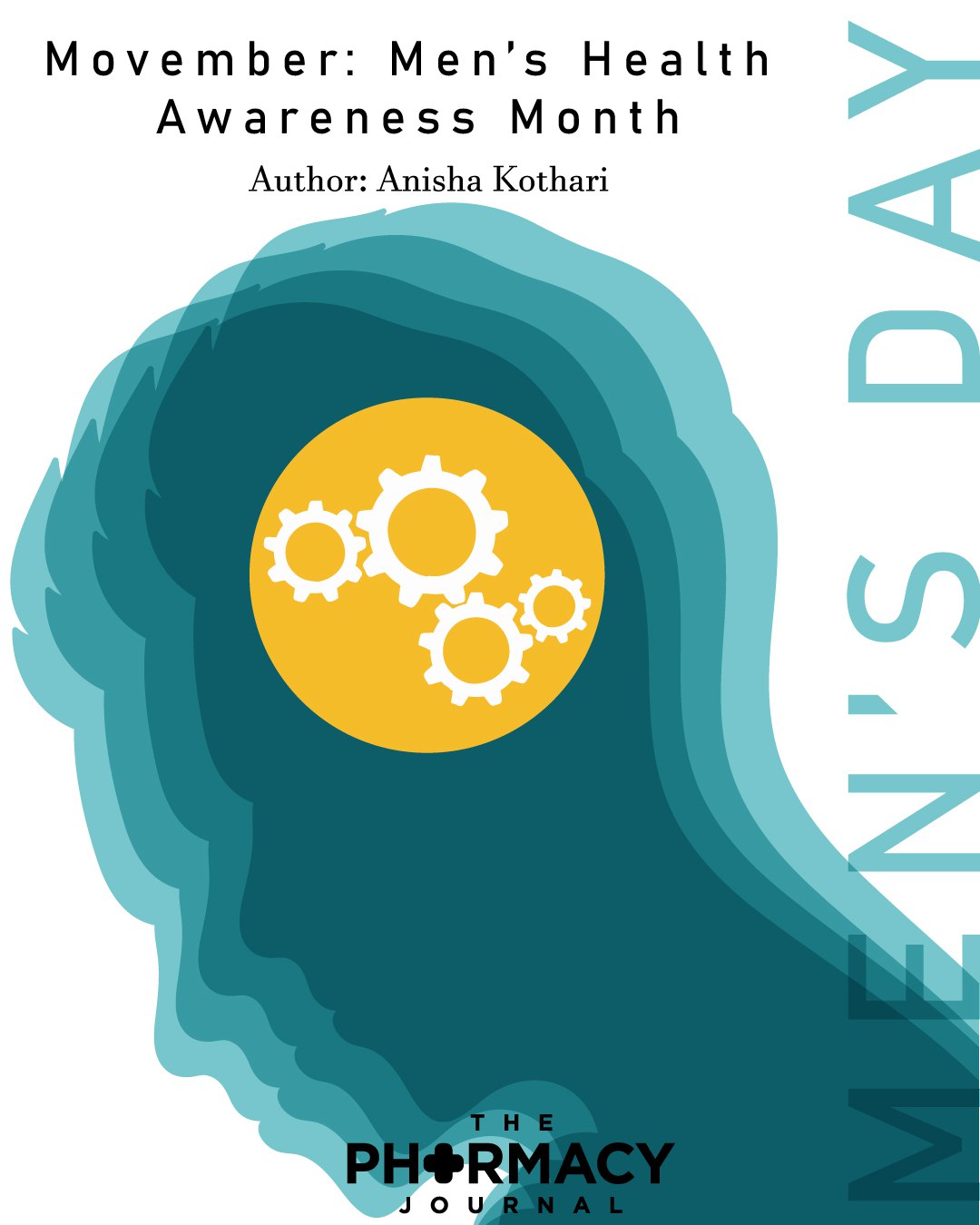Movember: Men's Health Awareness Month
20 Nov . 2 min read.

Now, more than ever, is the best time to talk about mental health, particularly in males. It’s time to address the elephant in the room: The stigma around males and mental health.
Earlier in the pandemic it was recognised that more people would experience mental illnesses as an indirect effect of COVID. The data also put a spotlight on males having a substantially increased prevalence of mental health conditions as well as being less likely to seek support.
It has been an ongoing taboo, discussing mental health in men. This is partly due to the societal views of males. From birth, they are taught to control their emotions, be strong, be the breadwinner and play the powerful “tough guy” role. Masculinity has been lumbered with the ideology of males being the strongest component of any relationship, whether it be a brother, father, husband or partner.
Statistics (based on mentalhealth.org.uk) show that:
In England, 1 in 8 males suffer from mental health issues.
Approximately 75% of suicides are attributed to males, this is most predominant in males aged between 40-49.
Men are less likely to access psychological therapies than women: only 36% of referrals to NHS talking therapies are for men.
Men are nearly three times as likely as women to become dependent on alcohol, and three times as likely to report frequent drug use.
Pharmacists, being arguably the most easily accessible healthcare professionals in at the moment, need to ensure we know how to open up conversations with patients we feel may need some support, and it is good to equip yourself with the appropriate technique and information for signposting.
Ways to reach out and provide support are to:
✔Normalise mental health conversations- attaching negative conotations to mental health such as "suffering" or "problem" can create a negative view of the condition, conversations need to be positive, it can increase an individuals confidence to speak up.
✔Ask - Sometimes just asking if someone is okay, when you think something may be up, is just what they need, an opening for a conversation.
✔Listen - This is key, it is hard speaking up, so it is imperative the individual is heard. Simply just creating a safe space to talk and listening is really helpful in itself.
✔Reassure - Seeking help can be tough, reassure them that this is okay and that they're not alone.
✔Patience - Let them go at their own pace, knowing you're there to support.
✔Signpost - If you struggle to help or think the individual could benefit from speaking to a trained person, signpost them appropriately, see some useful links and contacts below.
☎️Need support?
?@calmzone have a confidential helpline available between 5pm and midnight everyday. You can call them on 0800 58 58 58 (UK).
?@samaritanscharity are available on 116 123 (UK) 24/7 for free. Whatever you're going through, they're here to face it with you
?Text SHOUT to 85258. Shout is a free, confidential, anonymous text support service. You can text from wherever you are in the UK, day and night and speak to a trained volunteer.
*If you are feeling like ending your life, please call 999 or go to A&E and ask for the contact of the nearest crisis resolution team. These are teams of mental health care professionals who work with people in severe distress.
?Useful sites with collated info:
https://www.headstogether.org.uk/get-support/
?https://www.mentalhealth.org.uk/a-to-z/m/men-and-mental-health
#MensMentalHealth #MensMentalHealthMonth #MentalHealthStigma #MensMentalHealthStigma #AndysManClub #ItsOkayToTalk #MentalHealthAwareness
#ItsOkayToTalk #MensMentalHealthDay